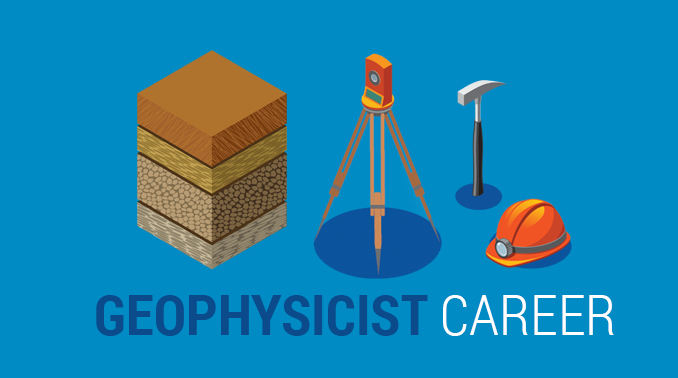All Categories
Featured
Table of Contents
Geophysicist in Maida Vale Aus 2022
This work is increasingly contracted out, so consultancies provide another source of employment. Consultancy companies vary in size, from very small business to big multinationals. Some consultancies are rather specialised in utilizing particular geophysical techniques or working in specific places, while others use a more varied range of services to their customers.
The extraction of gas from land fill sites is another area of work and this may grow in the future. Expedition companies might undertake work for building and construction firms, public utility, mining business and ecological companies, so geophysicists may be used in any of these settings. Other employers include: geological surveysgovernment bodies and agenciesuniversities and research study institutes.


Jobs may be listed in the oil and gas sector press. Recruitment is affected by oil price changes and the level of competition for positions varies depending upon this. Careers Days, which cover the full variety of geoscience professions and are usually gone to by a number of key market employers, are run by The Geological Society.
Geophysical Survey - Suffolk Heritage Explorer in Bentley Aus 2023
A few of the big oil and gas companies offer a full two-year structured training program throughout the breadth of geophysics, consisting of the chance to experience operate in numerous groups before specialising in one area. Your training might consist of deal with: existing wellsmagnetic and gravitational prospective field data analysisresearchrock analysis. It's more normal for your initial training to be supplied on the job.

There might be a probationary duration during which you work along with a knowledgeable colleague. Competency-based appraisals occur routinely in many firms. In smaller companies, and for academic posts, there is unlikely to be any official training - you'll be expected to begin work straightaway and get abilities as you go along.
If you work for a smaller company, you may find that you require to take obligation for setting up and funding your own development and training. If you have a geology degree, subscription of The Geological Society can be useful for networking and for maintaining to date with the market.
Geophysical Survey Techniques And Methods in Bedford Australia 2022
You might also discover it helpful to join the PESGB (The Petroleum Expedition Society of Great Britain, which has a geophysics unique interest group. After a probationary period, and when you've gained some experience, you might advance to senior geophysicist, then group leader and after that into a senior role in management.
The ease of motion in between functions depends upon the business structure. Study at Masters or Ph, D level in a subject related to geophysics or geosciences may help with your profession advancement and development. The employment market within the oil and gas industry is really based on rate and this may affect your chances for profession progression.
Not all tasks are reliant on the oil and gas industries. For knowledgeable geophysicists, freelance consultancy provides an excellent route for profession advancement. You can also specialise in a particular area of geophysics. As a geophysicist, you're likely to have several tasks throughout your working life. Worldwide movement is vital for handling peaks and troughs in various nations at different times.
Geophysical Survey - An Overview in Glen Forrest Western Australia 2020
From geophysics, it's possible to focus on seismology (completing additional training to become a seismic interpreter) or to move into associated areas such as engineering geology or risk prediction.
Deciding what to study in college is a tough option. Even if you understand that your field of interest depends on science, what program of research study is right for you? If you make the decision to major in physical and life sciences and pursue a career as a geophysicist, you're preparing for an interesting and successful profession.
The very first action to attaining your objective of becoming a geophysicist is making a degree. Even for entry-level positions in the field of geoscience, you'll need a bachelor's degree (a geophysicist college degree) from an accredited college or university. Geophysicists should be able to: evaluate rocks, pictures, and other pieces of information carry out research both in the field and in laboratories produce maps and charts of their findings compose reports To accomplish all this, students require a specialized education for geophysicist professions.
As stated above, you'll need a bachelor's degree in geoscience or a related discipline, such as a physical science or a life sciences, to land an entry-level job. Trainees can also prepare by majoring in topics like: Biology Chemistry Computer science Engineering Mathematics Physics The above geophysicist majors use a more generalized approach to a single clinical discipline, however a lot of programs need students to take one or more geology course.
Latest Posts
Geophysical Exploration in Hocking Australia 2022
5 Surface Geophysics in Sorrento WA 2021
Consumer Guide To Geological And Geophysical Services ... in Safety Bay Western Australia 2020